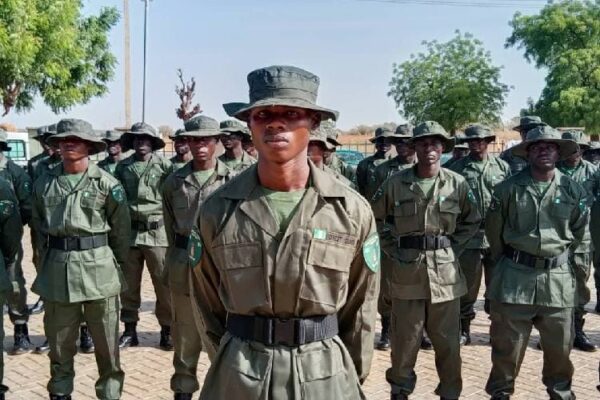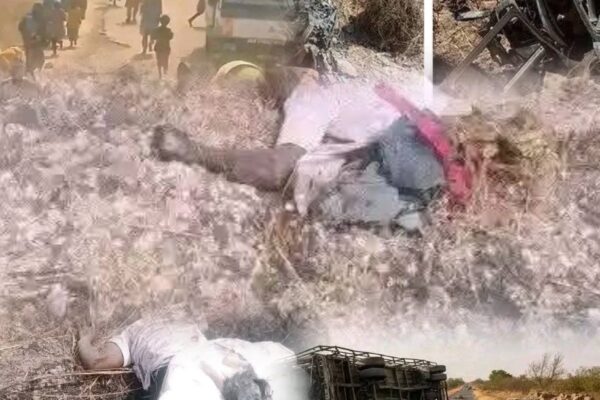Mensah Omolola, a social media user and cancer patient widely known on X as AuntieEsther, has died after months of public attention surrounding her decision to decline a blood transfusion as part of her treatment. Her death was confirmed on Saturday by media personality #AUNTYMUSE_, who stood by her throughout her medical journey. Responding to a post announcing her passing by an X user, Tabuko, tweeting as swaggsphotos, who wrote, “Unfortunately, we lost Aunty Esther.Very Sad!”, #AUNTYMUSE_ replied, “May her soul rest in peace 🙏🙏.” AuntieEsther had become the focus of national debate after she openly rejected a blood transfusion recommended by doctors during her cancer treatment, citing her faith as a Jehovah’s Witness. The case gained even more attention after Nigerians donated over ₦30 million to support her medical care. The fundraising effort was largely driven by charity advocate Wisdom Obi-Dickson, popularly known on X as #Wizarab10, who disclosed that a total of ₦30.7 million had been raised as of December 1, 2025. In an earlier update shared on her X account, AuntieEsther revealed that medical tests showed the cancer was limited to her breast and armpit areas. She explained that while doctors recommended chemotherapy, her blood levels needed to be improved first. “My organs inside fine. Doc say she want to start chemotherapy but I go take injection,” she wrote, adding that she and her family had chosen treatment options aimed at boosting her blood count without transfusion. She also expressed gratitude to her supporters, saying, “I appreciate everybody. Thank you #Wizarab10 and #the_beardsina. God bless.” The situation later became more controversial when Obi-Dickson disclosed that AuntieEsther’s church had cautioned her against accepting a blood transfusion, warning of possible disciplinary measures, including disfellowship. He explained that doctors presented two options: a treatment involving blood transfusion that was affordable within the donated funds, or a more expensive and prolonged alternative that avoided transfusion. “Though it will take longer and cost more, we have to respect her religious beliefs,” Obi-Dickson said at the time. He later voiced frustration, stating that despite repeated medical advice, AuntieEsther, her family and church leaders remained firm in rejecting transfusion under any circumstances, adding that such a stance meant they should bear greater responsibility for the outcome. In response, #AUNTYMUSE_ maintained that AuntieEsther’s refusal of blood transfusion had been made clear from the outset, even before fundraising began. She added that doctors had indicated the non-transfusion treatment option could still be effective. The controversy triggered intense debate online, with some Nigerians questioning whether donated funds should have been redirected to other patients if recommended life-saving medical interventions were being declined.









